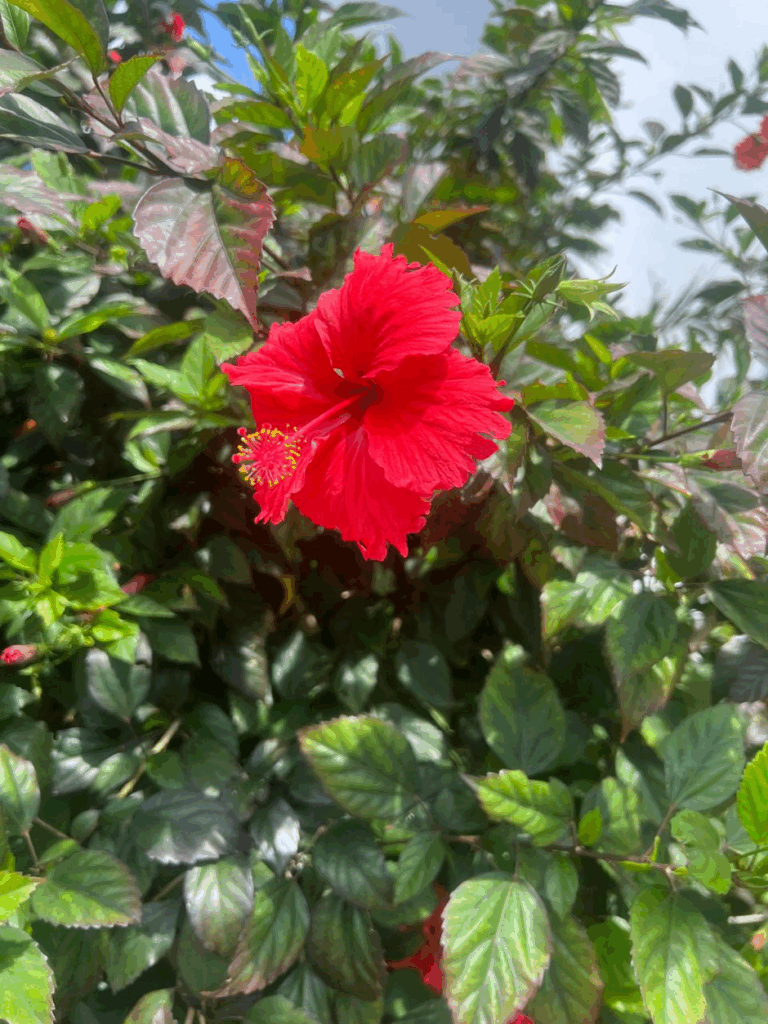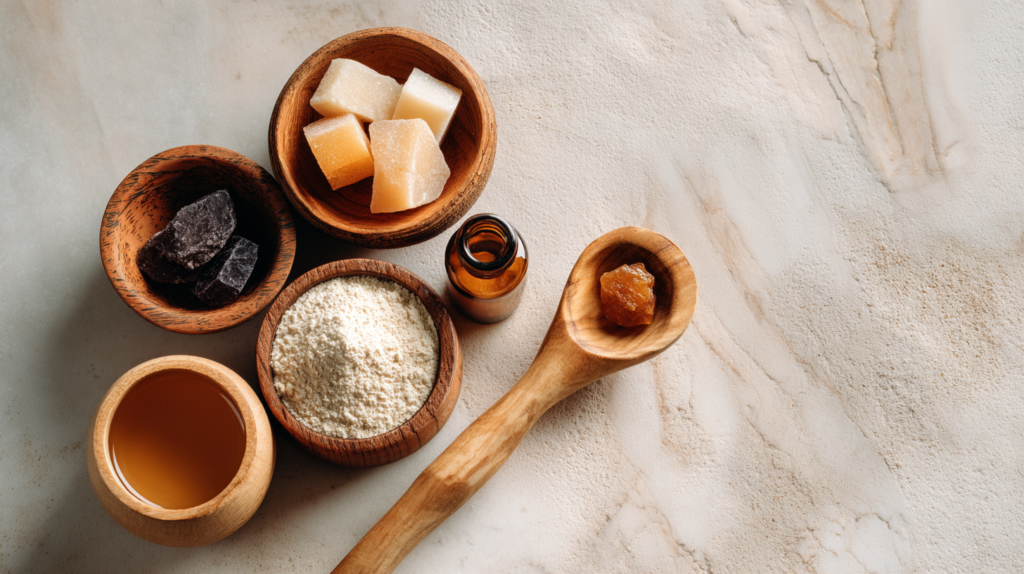People throughout the world now choose minimalist beauty products that combine a few components with maximum effectiveness in skincare. The traditional African skincare practices mirror minimalist beauty by using strong natural compounds based on native plant types and minerals. African minimalist skincare maintains an “uchache wenye manufaa” approach which prioritizes both minimal ingredients and maximum effectiveness while focusing on purity for the skin.
This article investigates renowned African ingredients in simple background skincare while demonstrating their supportive properties for skin health.
The Essence of Minimalist Skincare
Minimalist skincare relies on consistently good ingredients which provide multiple forms of benefit yet demand only minimal ingredients. A minimalist skincare strategy lowers skin irritation while reducing exposure to synthetic chemicals and eco-friendly practices.
Plants have long been used in African skincare traditions to create streamlined solutions that create efficient one-ingredient or two-ingredient skincare products. The core principle of “kupunguza kemikali” (reducing chemicals) remains fundamental to this philosophy because it encourages natural products gained directly from their original sources.
Key African Ingredients in Minimalist Skincare
1. Cocoa Butter (Mafuta ya Kakao)
Cocoa butter, derived from Theobroma cacao seeds, is packed with essential fatty acids and vitamin E, offering deep hydration and improving skin elasticity. It is especially beneficial for “ngozi kavu” (dry skin), providing a nourishing and protective barrier while soothing irritation.
2. Kalahari Melon Seed Oil (Mafuta ya Mbegu za Tikiti Kalahari)
Extracted from the seeds of the Kalahari melon (Citrullus lanatus), this lightweight oil is rich in omega-6 fatty acids and antioxidants. It absorbs quickly into the skin, providing intense hydration and enhancing elasticity, making it ideal for “ngozi nyeti” (sensitive skin).
3. Mafura Butter (Mafuta ya Mafura)
Mafura butter, obtained from Trichilia emetica seeds, is packed with nourishing properties, including essential fatty acids and antimicrobial compounds. It supports skin repair, locks in moisture, and protects against environmental damage, making it perfect for deep nourishment and hydration.
4. Black Soap (Sabuni Nyeusi)
Traditional African black soap produced from plantain skins combined with cocoa pod ash, palm oil and shea butter provides deep cleaning to the skin without disrupting its natural pH balance. Natural soap known as “sabuni asili” works well to help manage acne while treating issues of hyperpigmentation.

5. Hibiscus Extract (Dondoo ya Hibiscus)
Hibiscus, derived from the Hibiscus sabdariffa plant, is packed with natural alpha hydroxy acids (AHAs) and antioxidants that gently exfoliate the skin, promote collagen production, and improve skin elasticity. It supports “uponyaji wa asili” (natural healing) by brightening and revitalizing the skin.

6. Aloe Vera (Mshubiri Mwekundu)
People in East Africa have used aloe vera as an ancient remedy to hydrate and calm their skin. This healing secret offers essential vitamins along with mineral content along with amino acids which help wounds heal faster while also fighting inflammation and enabling skin to hold water better. As both an independent sterile gel and an active component in skincare formulations “mshubiri mwekundu” remains essential for minimalist skincare in the African region.

Why African Ingredients Suit Minimalist Skincare
- Purity and Potency: Natural African skincare raw materials exist in their pristine state without artificial additives. Each product maintains “ubora wa hali ya juu” (high-quality purity) through this process.
- Multi-Functionality: Several skincare benefits can be found within single African botanicals thus simplifying product composition. The multiple benefits of baobab oil include hydration along with anti-aging properties in a single formulation.
- Sustainability: Using African ingredients ensures positive economic consequences for local communities as well as the use of sustainable ethical methods in the beauty industry. Traditional sustainable methods are used to collect these natural resources.
- Suitability for All Skin Types: African skincare ingredients demonstrate both gentleness and strength to address different skin conditions like “ngozi kavu” (dry skin) and “ngozi yenye mafuta” (oily skin).
Building a Minimalist Skincare Routine
To embrace minimalist skincare, incorporate a few powerful African ingredients:
- Morning: Cleanse with black soap, moisturize with baobab oil, and apply sunscreen.
- Evening: Cleanse with black soap, nourish with marula oil, and hydrate with aloe vera gel.
- Weekly: Use a rooibos-infused mask or a shea butter treatment for added nourishment.
Conclusion
Modern skincare follows nature’s wisdom framework which extends beyond a current pattern. Africa’s skincare formulas contain essential ingredients including cocoa butter, Kalahari melon seed oil, Mafura butter, black soap, hibiscus extract, and aloe vera that reflect both natural simplicity along with healing power. The use of “manufaa ya asili” (the benefits of nature) enables people to get luminous skin without adding excess chemicals to their skincare methods. The natural heritage of African skincare continues to illuminate the global reckoning toward environmentally friendly cosmetic products.
References
Ajayi, S. A., Olaniyi, O. O., Oladoyinbo, T. O., Ajayi, N. D., & Olaniyi, F. G. (2024). Sustainable sourcing of organic skincare ingredients: A critical analysis of ethical concerns and environmental implications. Asian Journal of Advanced Research and Reports, 18(1), 65-91.
Smofsky, S. (2017). Shaping the Skin: Conveying Identities Through Skincare and Cosmetics.
Stubbin, C. (2022). Do it Yourself Pure Plant Skin Care. Black Pepper Creative.


